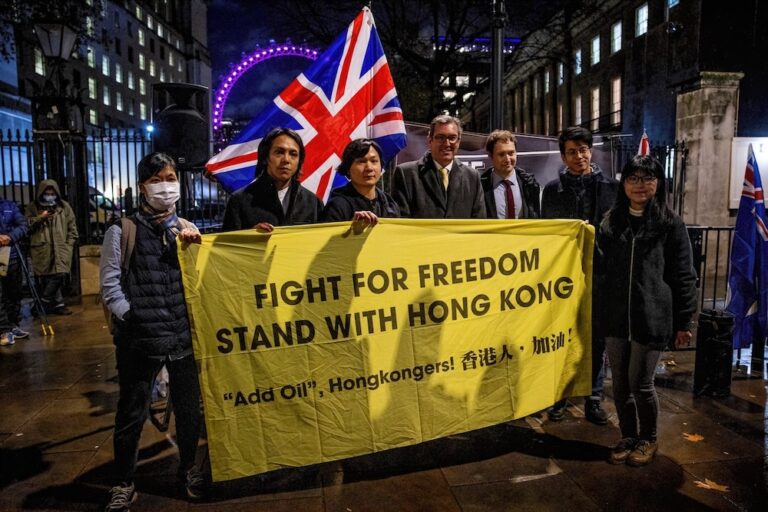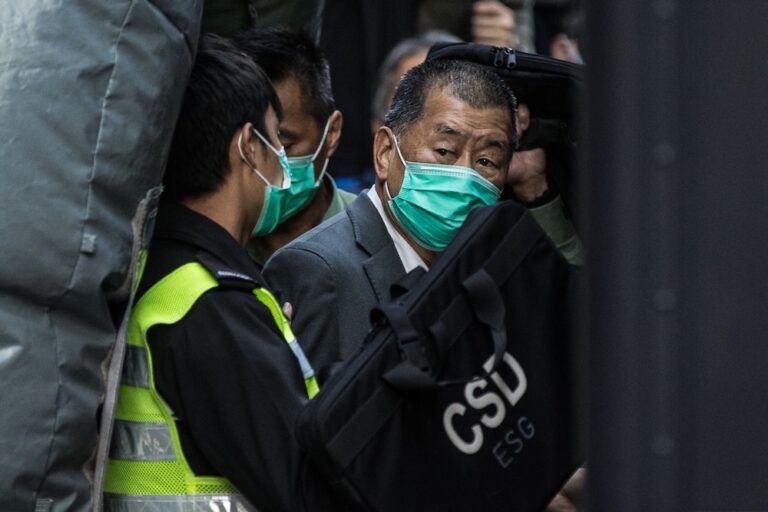HKJA welcomes remarks by the United Nations Human Rights Committee (UNHRC) urging the Hong Kong Government to enact legislation to ensure access to information and to investigate attacks on journalists so as to protect freedom of expression and press freedom.
The Hong Kong Journalists Association welcomes the Concluding Remarks made by the United Nations Human Rights Committee (UNHRC) in which it urges the Hong Kong Government to enact legislation to ensure access to information and to investigate attacks on journalists so as to protect freedom of expression and press freedom. The HKJA calls on the government to adhere to the proposals in order to protect the Hong Kong people’s right to know.
During the UNHRC hearing held in mid-March 2013 to scrutinize the report compiled by the Hong Kong Government on implementation of the International Covenant on Civil and Political Rights (ICCPR), Mak Yin-ting, the chairperson of the HKJA who attended the hearing, cited incidents and provided evidences of the deterioration of press freedom. The UNHRC subsequently accepted the Concluding Remarks which were released on March 28, 2013.
In the Remarks, the UNHRC expressed concern about reports that Hong Kong has seen a deterioration in media freedom, including instances of arrests, assaults and harassment of journalists. The Committee urges the HKG, in line with the Committee’s general comment No. 34 (GC34) on freedoms of opinion and expression, to take vigorous measures to repeal any unreasonable, direct or indirect restrictions on freedom of expression, in particular for the media, to take effective steps including investigation of attacks on journalists and to implement the right of access to information by public bodies.
According to GC 34, freedom of expression embraces a right of access to information held by public bodies. To give effect to the right of access to information, GC 34 stipulates that states parties should proactively put in the public domain Government information of public interest and make every effort to ensure easy, prompt, effective and practical access to such information. It goes on to stipulate that states parties should also enact the necessary procedures, whereby one may gain access to information, such as by means of freedom of information legislation.
HKJA reiterates that the non-legal binding Code of Access to Information is flawed in implementation. The ineffectiveness of the Code causes rise of complaints to the Ombudsman. The Ombudsman even decided to initiate a direct investigation into the standards and practices of the Code vis-à-vis access to information regime in other jurisdictions, so as to determine whether a legislation to protect right of access to information in Hong Kong is needed. Furthermore, HKJA regrets that the government has rejected the repeated calls from the UNHRC’s recommendation on the setting up of a human rights institution to oversee the protection of human rights.
HKJA opines that the current mechanism is insufficient to protect human rights enjoyment in Hong Kong, in particular the balance in the enjoyment of rights that are contradictory in nature. A case in point is the protection of privacy that has been outright that of the press freedom. The right of privacy, uphold by a statutory body, has been used as an excuse by the authorities to cover up public information. This leads to the exacerbation of transparency in government administration. HKJA urges the government to reverse the decision and set up a human rights commission.
The representative of the HKJA who attended the hearing had provided information on the unfair treatment the Falun Gong encountered in Hong Kong under the request of a member of the UNHRC. The UNHRC expressed regret over restrictions on Falun Gong practitioners in Hong Kong in the Concluding Remarks. The Committee held that Hong Kong government should ensure that its policies and practices relating to the Falun Gong practitioners conform fully to the requirements of the Covenant. HKJA shares the views of the Committee and believes that protection of human rights is embodied in the protection of rights of the minorities or those marginalized.


